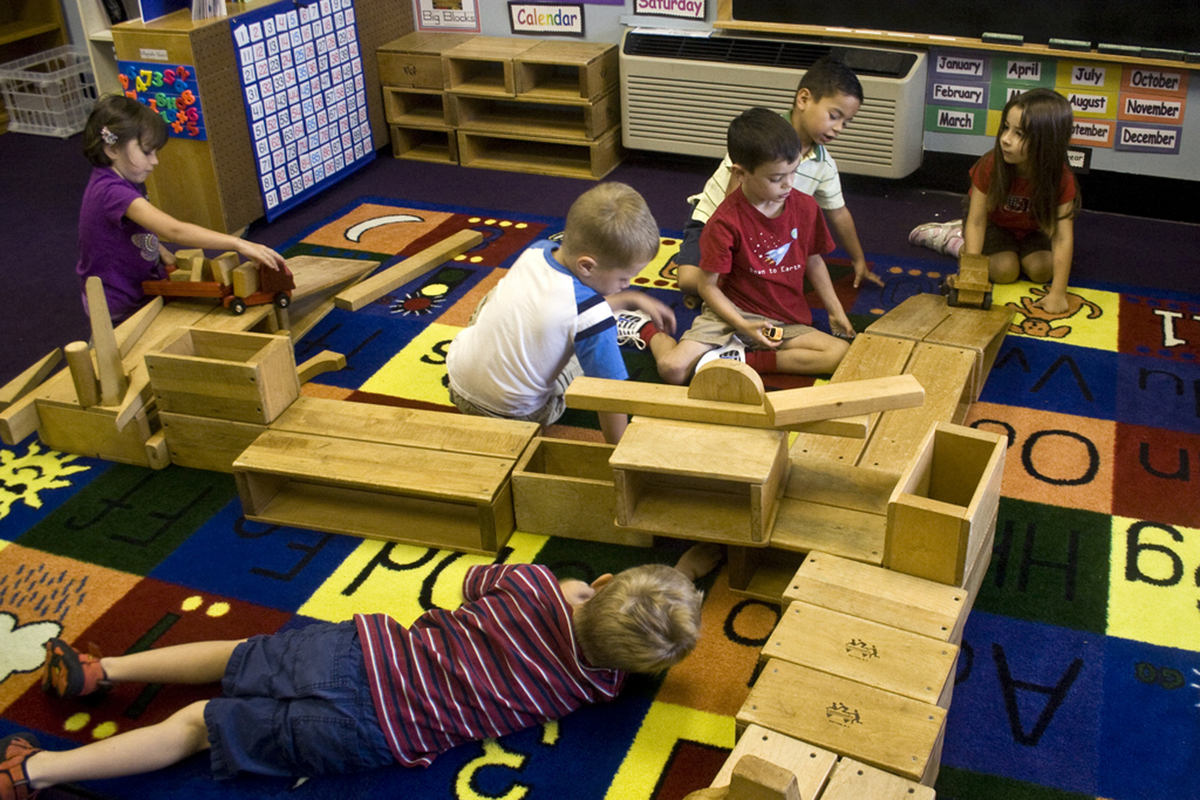Table of Contents
If society is failing our sons, what can be done to turn the tide? Plenty. While much of what can be done depends on public policy rather than parents, parents too can make a big difference.
Let Boys Be Active
Boys, and any child who displays a craving for physical activity, can benefit from a teaching style that incorporates the physical — well beyond Kindergarten. As a homeschool parent, I've noticed that lessons proceed much more smoothly if I incorporate exactly this physical side.

Likewise, allowing kids to get up and stretch their legs periodically can increase their concentration afterwards. In a public school setting, that recess we talked about is of crucial importance. Not only is punishing kids for fidgeting in class by removing their access to recess and instead forcing them to sit down some more not unheard of, some schools are even eliminating recess altogether, including practicing notorious "silent lunches". This may seem to help teachers manage kids more easily in the short-term, but what effect does it have in the long term?
Capitalizing On Their Natural Interests
One powerful way to help the delayed reading skills and lack of focus we discussed earlier is to capitalize on boys' natural interests — something that helps girls as well of course, because nobody likes to be bored. If adventure novels get your son going, use those to help him develop a love of reading. If he likes Minecraft, there are plenty of free worksheets on the internet that help him master spelling using themes from this game.
Solution-Based Talking
My daughter is actually more reluctant to talk about her feelings than her brother is, but there's no denying the fact that boys are frequently much less encouraged to talk about their emotions than girls are — unless the emotion in question is anger, of course. Even if your family is a zone free of gender stereotypes, your son will indeed pick this society-wide tendency up elsewhere. Why not try luring your son into a conversation about feelings by simply stating that you've noticed he's upset or angry and noting that you're there to help if he needs it?
Try to get your son to think in an empathetic manner by asking him how he thinks other parties might interpret whatever's going on, too. These are skills that are not encouraged enough among males, and teaching your son how important empathy is will serve him well for the rest of his life.
READ Why Do Women Fall For Bad Boys?
While we're on the topic of talking, both positive male role models and parents can do a lot to dispel the idea that macho behavior is the only way to be a man — by actively discussing it. Younger boys are more adult-oriented than older boys, so early elementary is the stage at which you can get the point that talking about emotions, being an involved father, and enjoying nurturing are fine qualities in a man across very well, along with being strong and protective.
- Infographic by SteadyHealth.com
- Photo courtesy of wwworks: www.flickr.com/photos/wwworks/2799242490/


Your thoughts on this